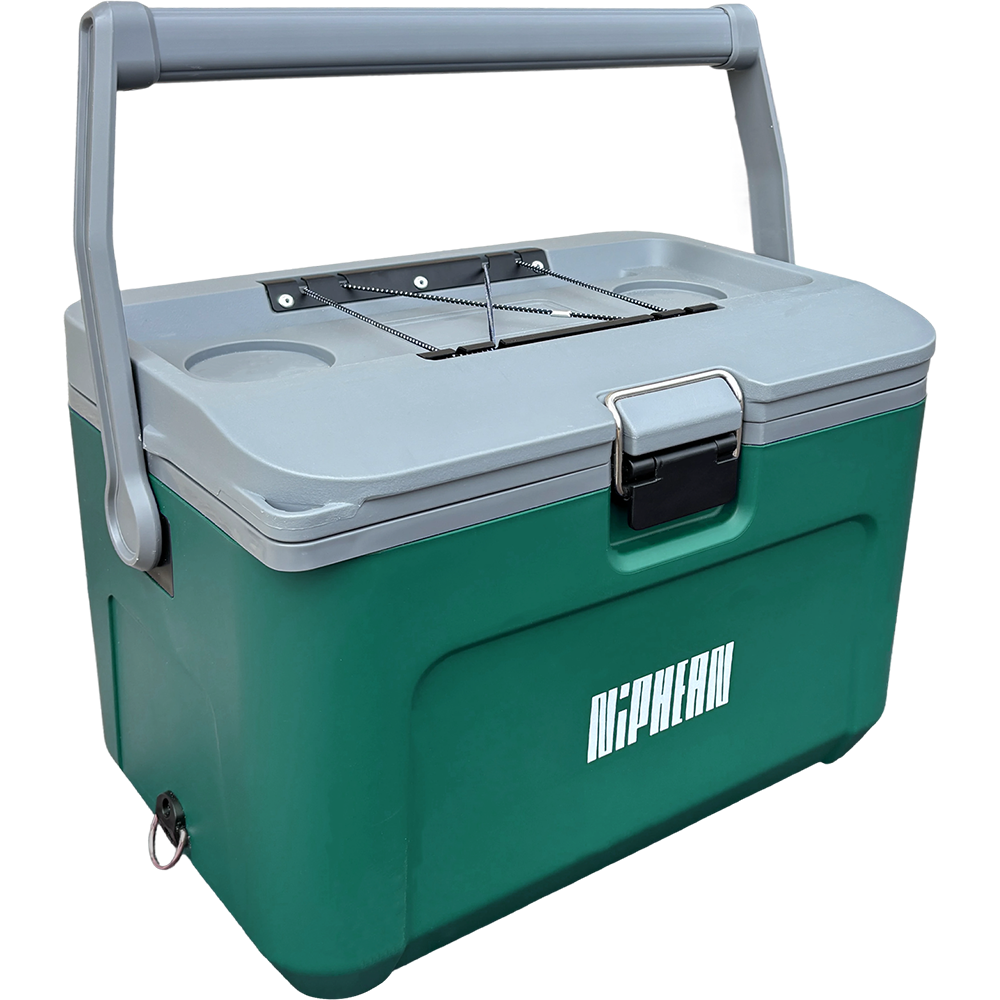- No products in the cart.
Can Paddle Boarding Replace Your Gym Routine?
Aug 08, 2025
If you're tired of staring at a treadmill screen or battling for space in the weight room, you're not alone. Many people are turning to more natural, enjoyable forms of exercise-and stand-up paddle boarding (SUP) is quickly rising to the top. But can it really replace your gym routine?
The answer depends on your fitness goals. But for many, the combination of strength training, cardio, core work, and mental wellness that comes with paddle boarding offers a powerful-and far more scenic-alternative to the gym.

Paddle Boarding Is a True Full-Body Workout
Whether you're gliding across a glassy lake or navigating through waves, paddle boarding engages almost every major muscle group in your body:
- Core: Balancing on an unstable surface recruits your abs, obliques, and lower back continuously.
- Legs & Glutes: Standing and adjusting for balance tones your thighs and hips.
- Shoulders, Back & Arms: Every paddle stroke strengthens your lats, traps, biceps, and triceps.
- Cardio: Paddling at a steady pace raises your heart rate, improving cardiovascular health.
Compared to a gym session that may isolate a few muscle groups, SUP gives you compound movement training, which boosts both functional strength and endurance.
Niphean's All-Around iSUP — designed for stability, fitness, and adventure.
Calorie Burn: SUP vs. Traditional Gym Cardio
You might be surprised at how many calories you burn during a paddle boarding session:
| Activity | Calories Burned (per hour) |
|---|---|
| Paddle Boarding (recreational) | ~300–430 |
| SUP Racing or Touring | ~500–700+ |
| Treadmill (walking) | ~280–400 |
| Elliptical Trainer | ~400–600 |
SUP not only competes with gym cardio machines-it often exceeds them in terms of muscle activation and post-workout recovery benefits.
It’s Easier on Your Joints
High-impact workouts like running or plyometrics can strain your knees, hips, and ankles. Paddle boarding is low-impact, making it a great alternative for people with joint sensitivity, injury recovery, or older adults seeking gentle exercise.
Plus, you're not confined to fluorescent lights and loud music. SUP gives you access to sunlight, fresh air, and tranquil environments, all of which contribute to mental well-being.
Mental Health Gains = Gym + Nature
One area where paddle boarding truly shines is mental clarity and stress relief. Numerous studies have shown that time in nature can:
- Lower cortisol (stress hormone) levels
- Improve focus and mood
- Reduce symptoms of anxiety and depression
SUP combines exercise with blue space therapy-the calming effect of being on water. That’s something even the best gym can’t offer.
Niphean Adventure Boards — built for day trips, distance paddles, and relaxing escapes.
SUP vs Gym: What Are Your Goals?
| Fitness Goal | SUP | Gym |
|---|---|---|
| Full-body training | ✅ Yes | ✅ Yes |
| Weight loss | ✅ Effective | ✅ Effective |
| High-intensity training | ⚠️ Limited | ✅ Extensive |
| Strength / hypertrophy | ⚠️ Some gains | ✅ Focused |
| Outdoor experience | ✅ Absolutely | ❌ None |
| Mental health benefits | ✅ Strong | ⚠️ Varies |
While a gym is ideal for specific strength goals or body sculpting, paddle boarding delivers well-rounded fitness, mental rejuvenation, and functional strength-all in one session.
So... Can You Ditch the Gym?
If your goals include staying active, losing weight, building endurance, and feeling better physically and mentally, then yes-paddle boarding can absolutely replace your gym routine.
For optimal results, many paddlers mix in land-based workouts like bodyweight training, stretching, or resistance bands to balance out their fitness.
Tip: You can even do SUP yoga, push-ups, or planks right on the board to turn your paddling session into a total-body circuit.Thoughts
Paddle boarding isn’t just a fun weekend activity-it’s a legitimate fitness lifestyle. It burns calories, builds strength, and helps clear your mind, all while exploring beautiful waterscapes. While hardcore gym-goers might still need access to weights for muscle building, for most people, SUP is more than enough to replace traditional gym workouts.
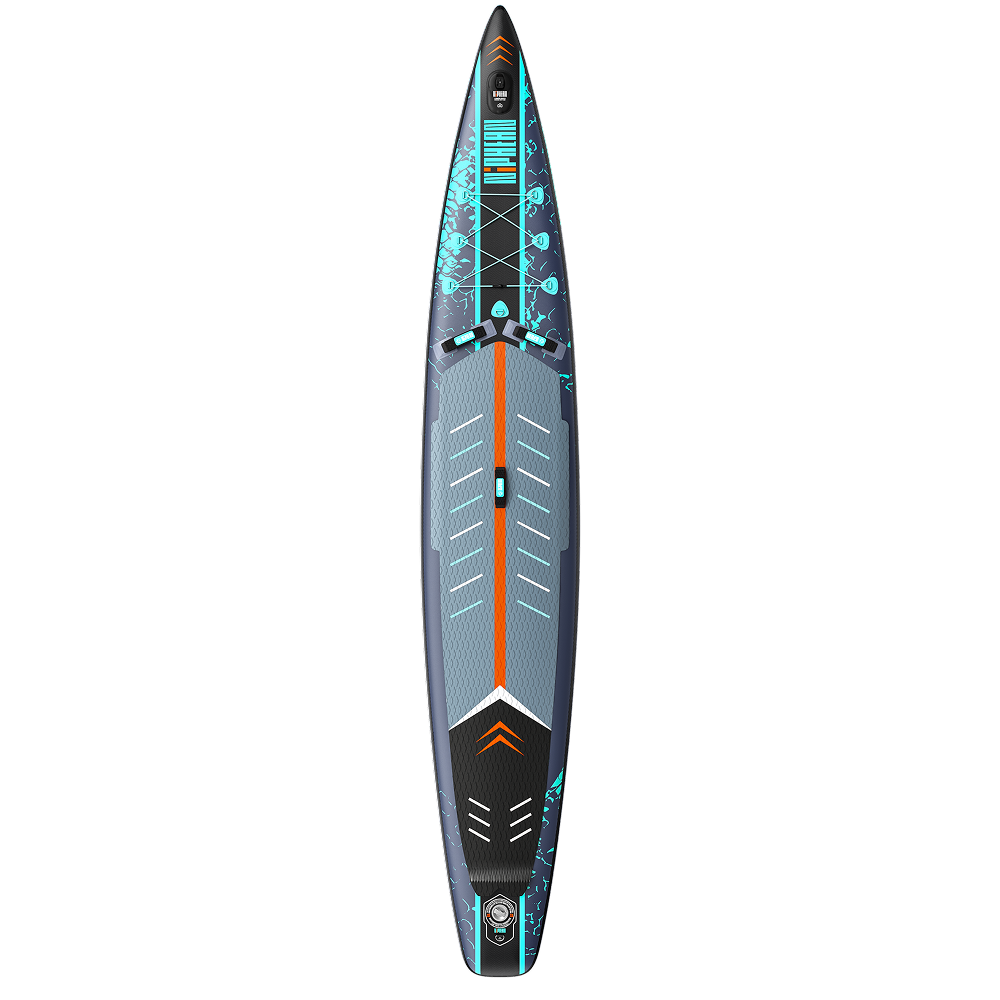
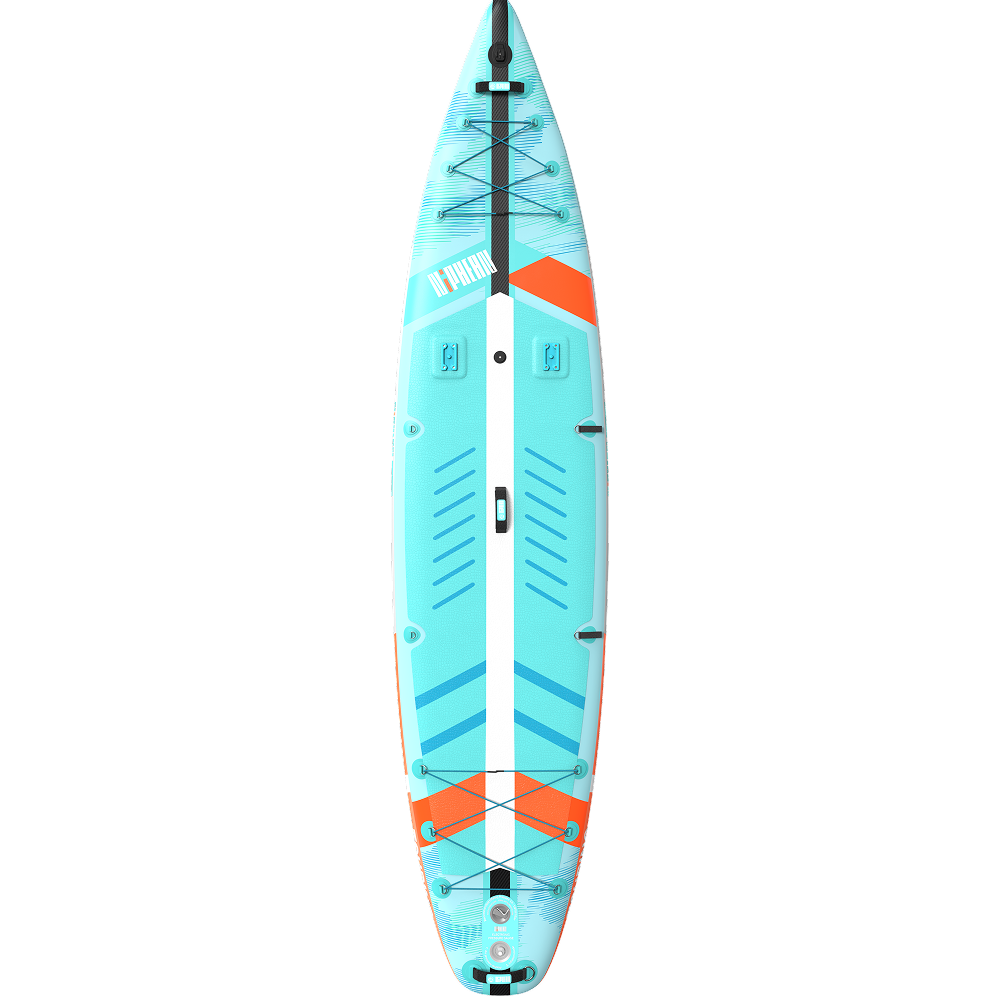

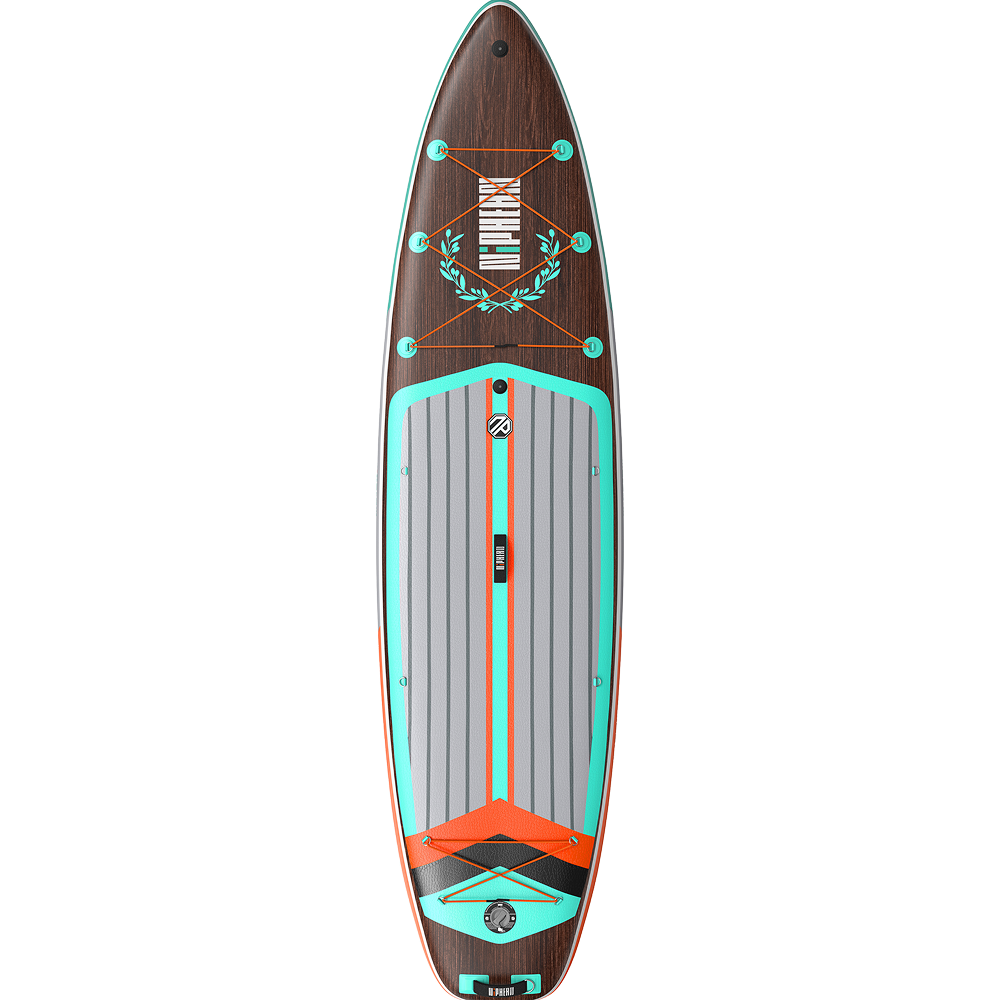
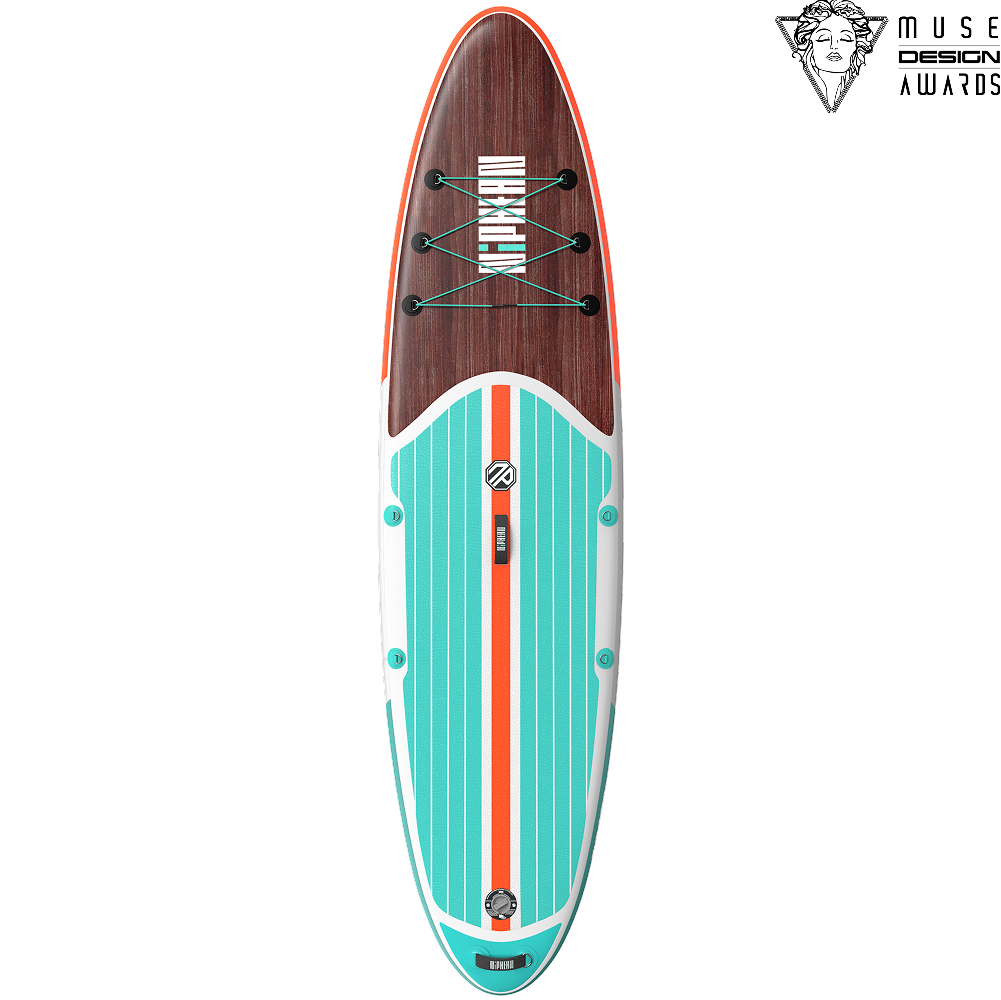
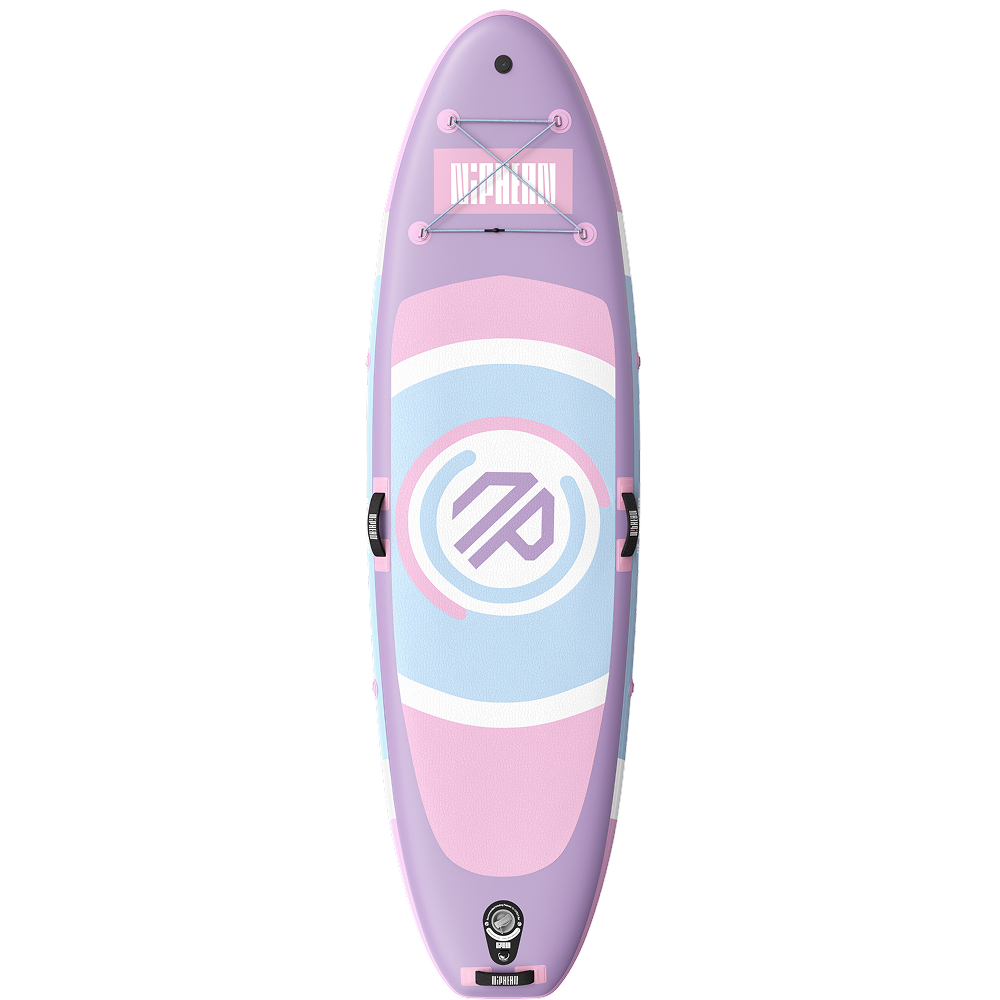






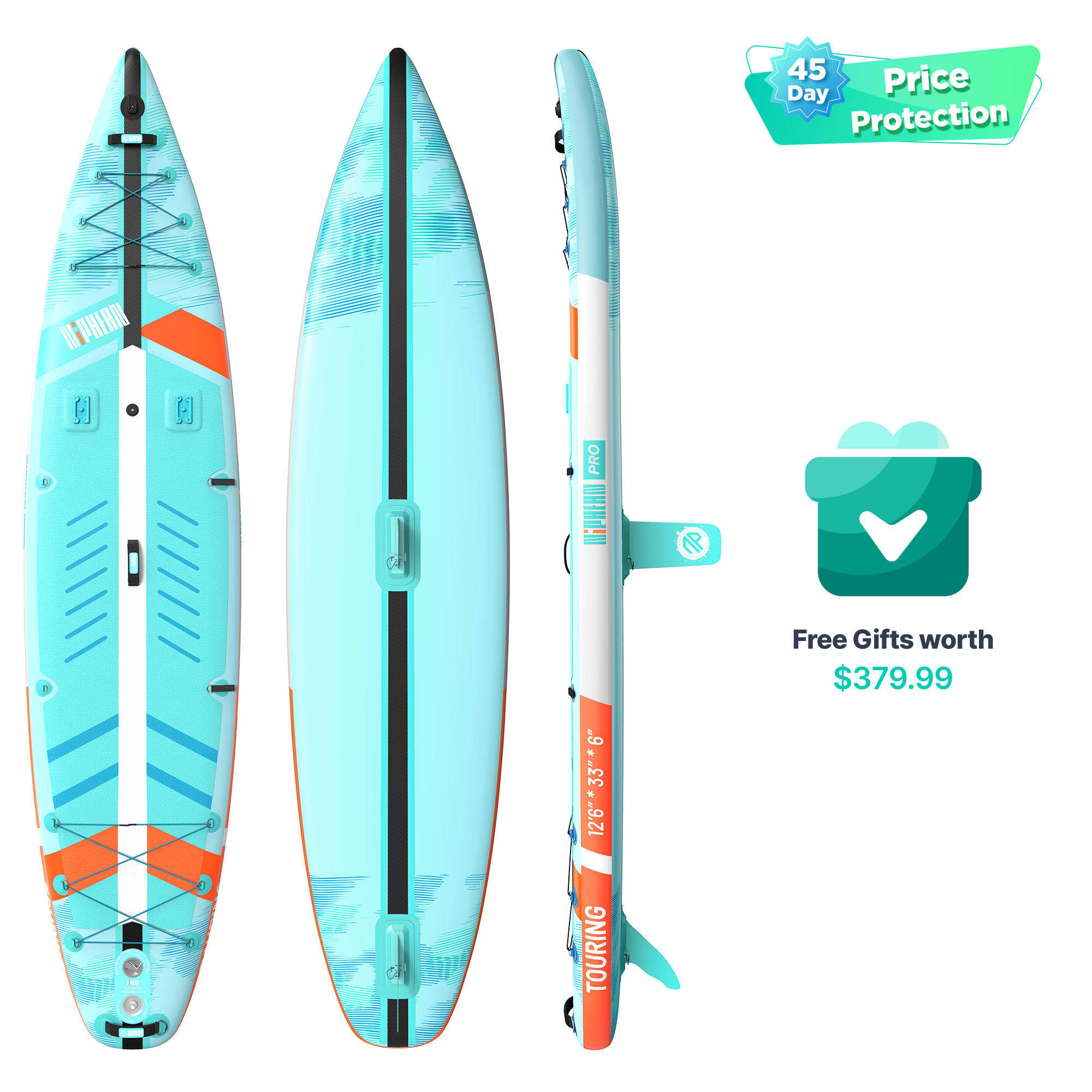
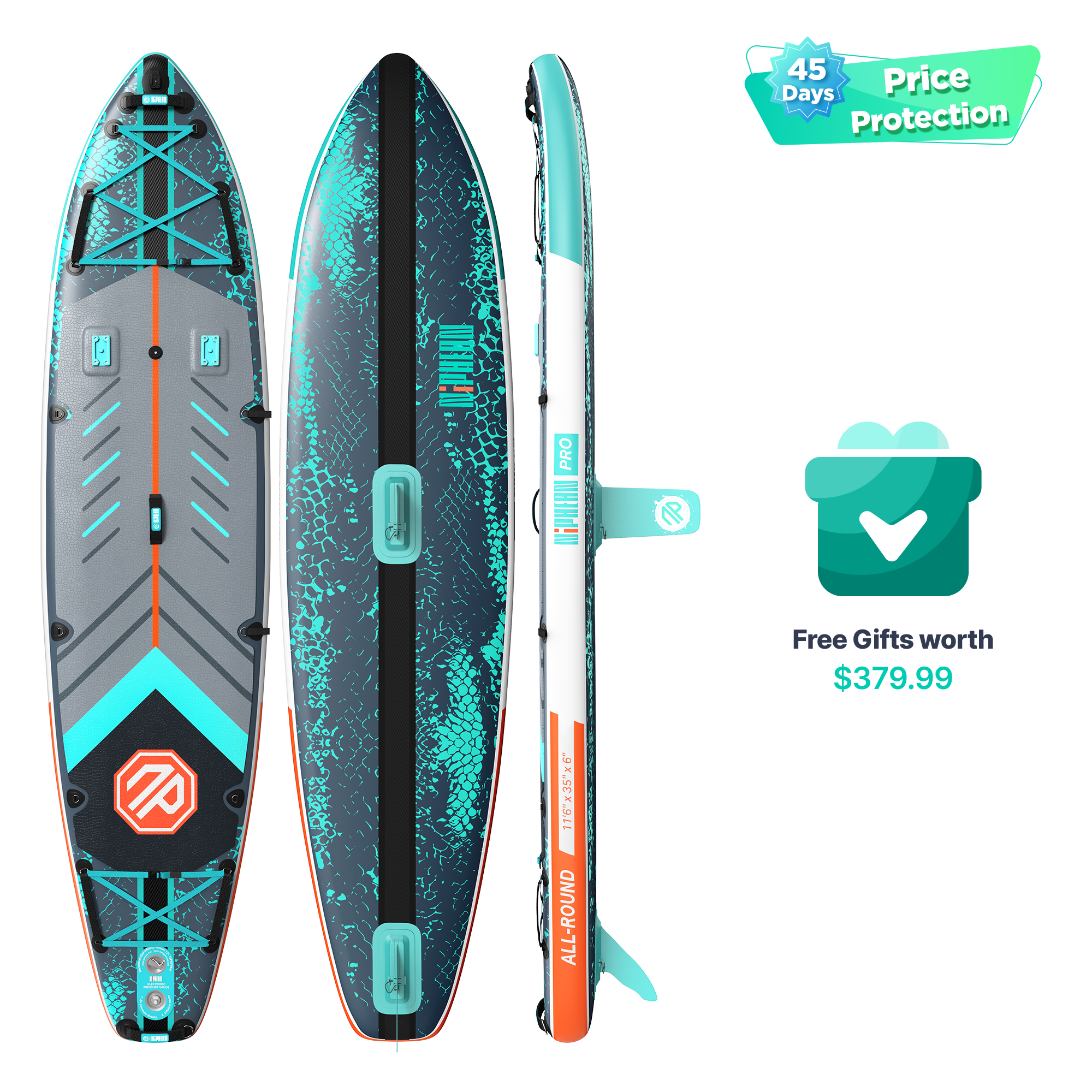
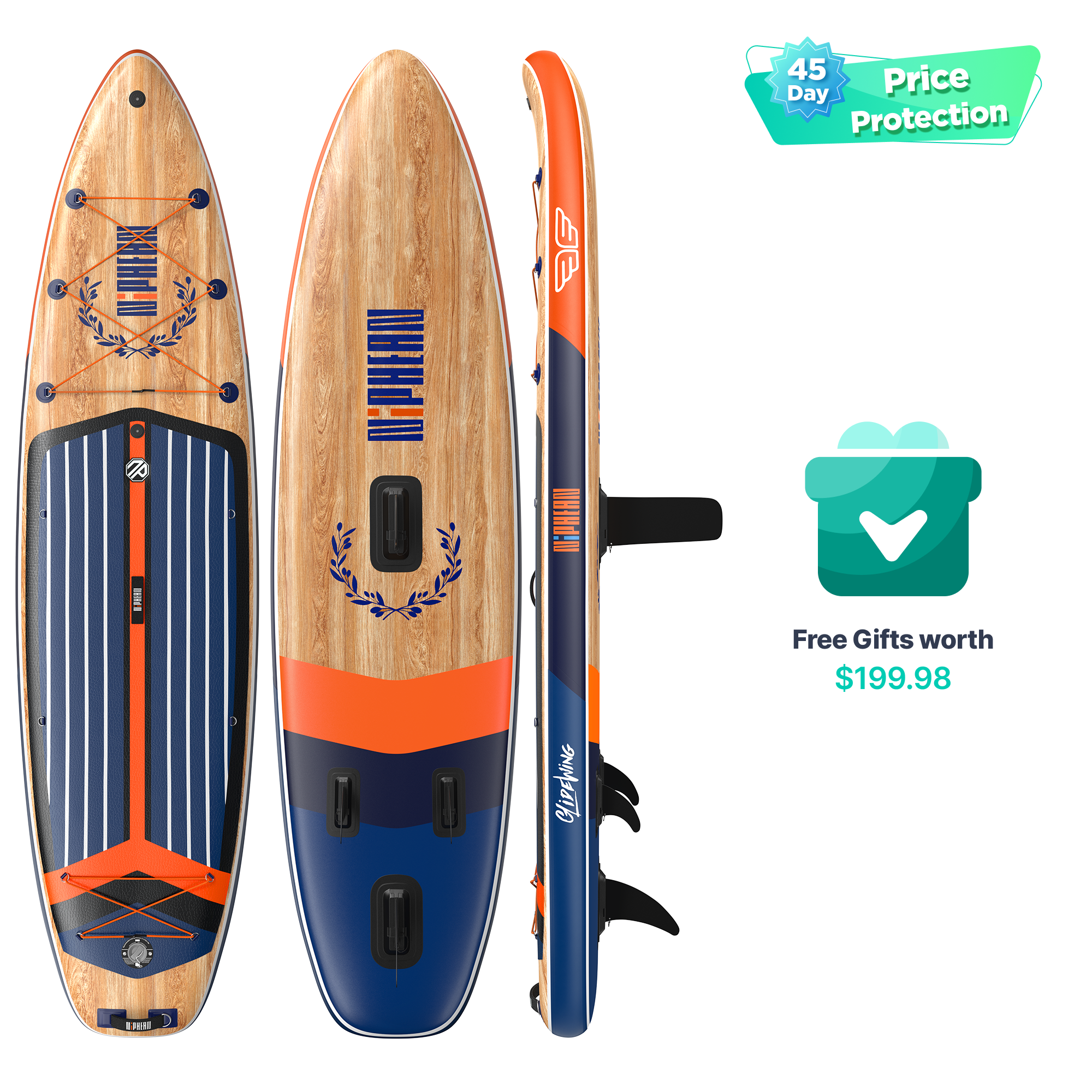
 Youtube
Youtube Facebook
Facebook Instagram
Instagram TikTok
TikTok